News
The FFEM publishes its new 2023-2026 strategy
Re-financed to the tune of €132 million for 2023-2026, the FFEM has a new strategy and is setting out its priority directions. This new FFEM strategy is the result of close consultation with its memb...
Published on
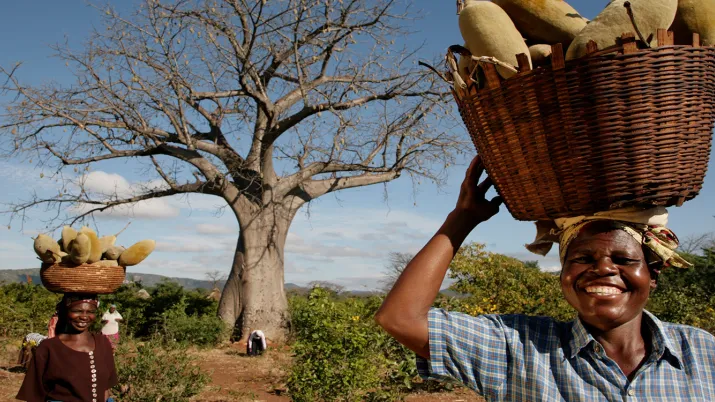
Agroecology and adaptation to climate change: Review of the AVACLIM workshop
On 11 and 12 January, a review workshop was held in Montpellier for the AVACLIM project supported by the FFEM and GEF-FAO for the Centre for International Actions and Achievements (Centre d’actions et...
Published on
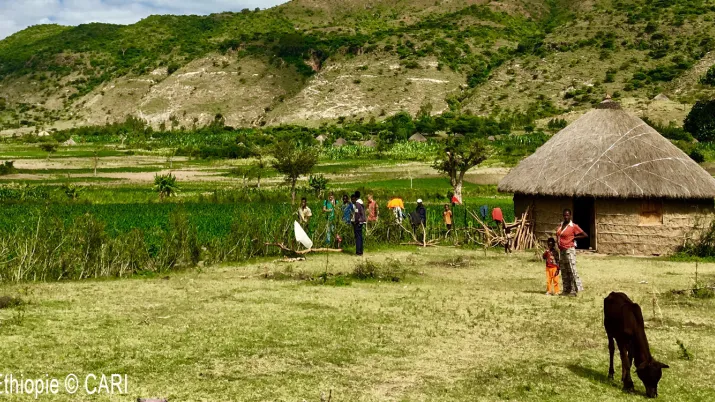
COP 15: "Protecting the Living World for a Peace Pact with Nature"
After COP27 on Climate, COP15 on Biodiversity begins in Montreal from December 7 to December 19, 2022, with the goal of establishing a global action plan for biodiversity — an issue closely linked to...
Published on
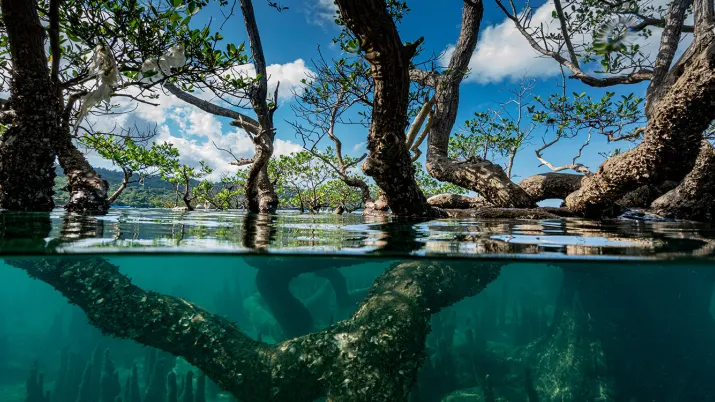
Loubassa’a tidal stream generator was commissioned a year ago, harnessing the energy of the Congo River for so...
The Essential Services Unit (ESU) for Loubassa village, located on M’bamou island in the Republic of the Congo, was brought on stream on 15 October 2021. The ESU's special technical feature is that i...
Published on
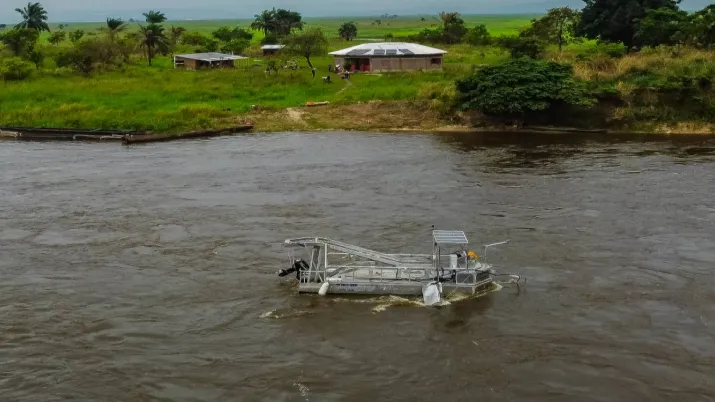
The latest on the SWM programme and Ressource project
The SWM (Sustainable Wildlife Management) Programme has just published its 9th newsletter. The work is now entering its final phase.
Published on
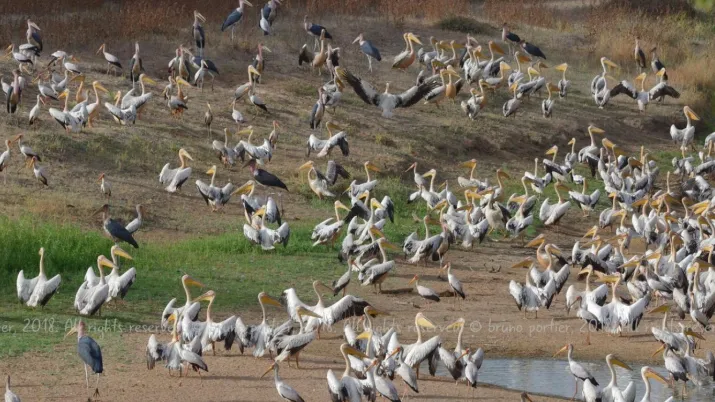
IN NIGER, SATELLITES ARE HELPING TO FIGHT DEFORESTATION
The Sahel Wood Energy project, supported by the Agence française de Développement (AFD) and the French Facility for Global Environment (FFEM) is committed to preserving the Sahel’s forests through bet...
Published on
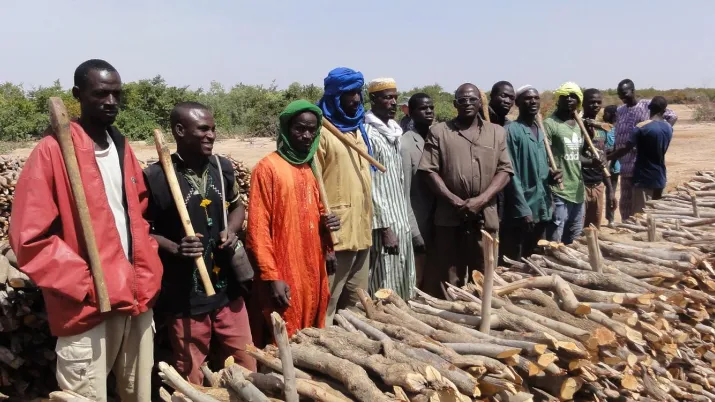
World Water Week: the FFEM publishes a new guide on freshwater ecosystems
The FFEM has published a new guide on freshwater ecosystems to further extend its series on marine ecosystems. With mounting pressure around water resources, this publication on eutrophisation and cya...
Published on
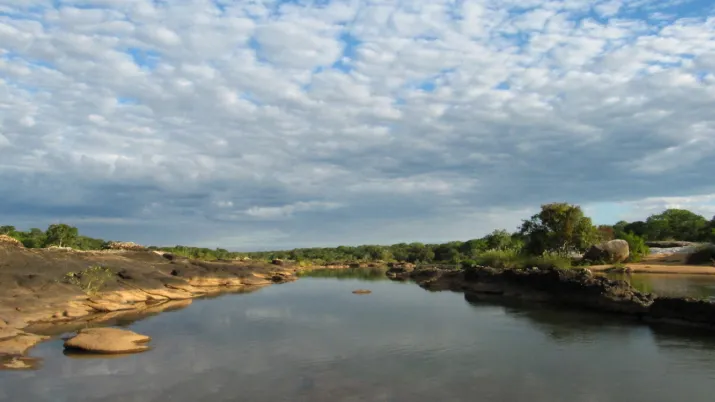
The restoration of coral reefs: Le Monde reports on the Shark Fin Bay project
Since 2020, the FFEM has supported the Sulubaaï Foundation in restoring the coral reefs in Shark Fin Bay, alongside the local people and villages, on the island of Palawan in the Philippines. Palawan...
Published on
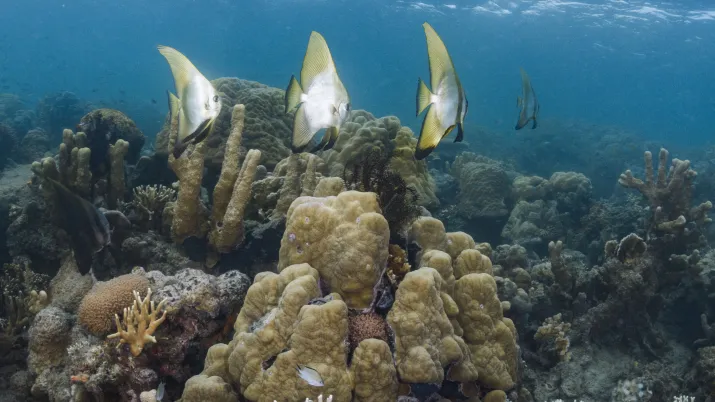
The Small-scale Initiatives Programme on RFI
In this edition of "C’est pas du vent", Paul Estève, head of the Small-scale Initiatives Programme (PPI) at the French Committee of the IUCN, explains the programme’s action principles. Since 2006, th...
Published on

Marc Daubrey: “The FFEM must retain its targeted approach and apply it to the African continent’s new challeng...
Marc Daubrey, the first member of the Scientific and Technical Committee (STC) to represent the African continent, joined this consultative body in January 2022. The STC guides the FFEM’s strategic di...
Published on
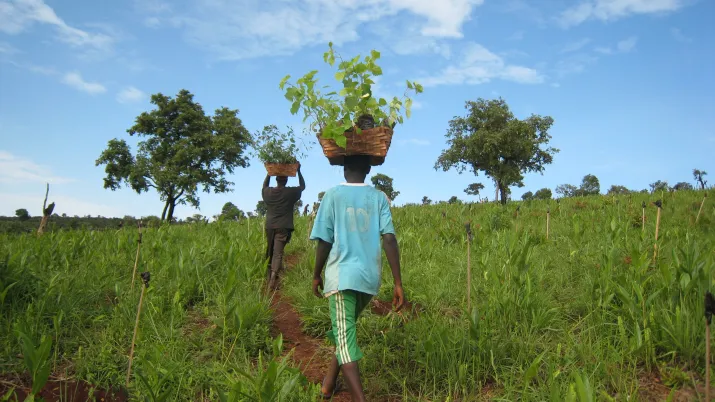
The Small-scale Initiatives Programme (PPI): new call for project proposals
For its 6th phase, the Small-scale Initiatives Programme (PPI) is launching a call for project proposals open to new emerging organisations that have not previously benefited from the PPI. This FFEM p...
Published on

When field experience empowers access to electricity
The field experience of some NGOs and private enterprises involved in rural electrification via mini grids has proven very enlightening to funding partners. The French Development Agency (AFD), the Fr...
Published on
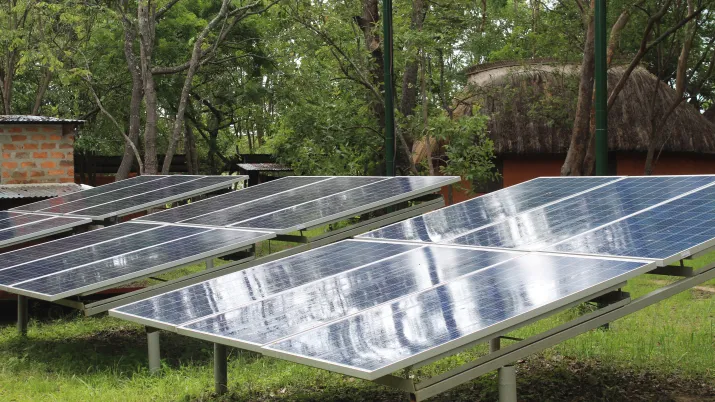
Event to present the FFEM’s new 2023-2026 strategy
On 27 June 2022, the FFEM - alongside the National Council for Development and International Solidarity (CNDSI) - presented the issues and prospects documented in its new 2023-2026 strategy. The ses...
Published on
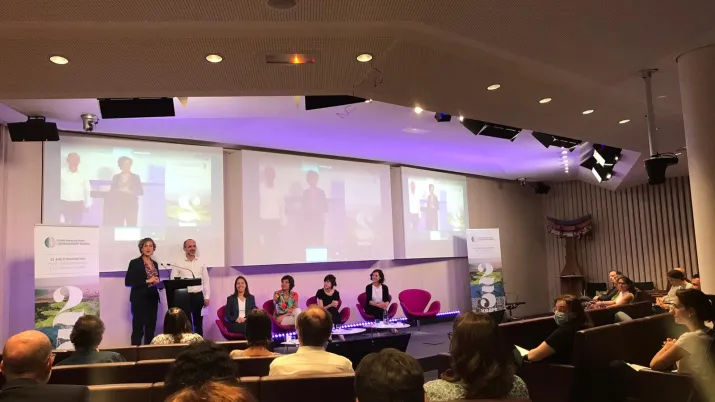
Ocean Plankton Project conference: towards new governance for the oceans
On 23 June 2022, ahead of the United Nations Ocean Conference in Lisbon, the French Facility for Global Environment (FFEM) and the Tara Ocean Foundation invited scientists and key players in ocean gov...
Published on

Patrice Burger : “Agroecology must be on the agenda if it’s to become a tool recommended by the COP”
The 15th Conference of Parties (COP15) to the United Nations Convention to Combat Desertification starts this Monday 9 May in Abidjan, one week after publication of the latest UNCCD report. According...
Published on
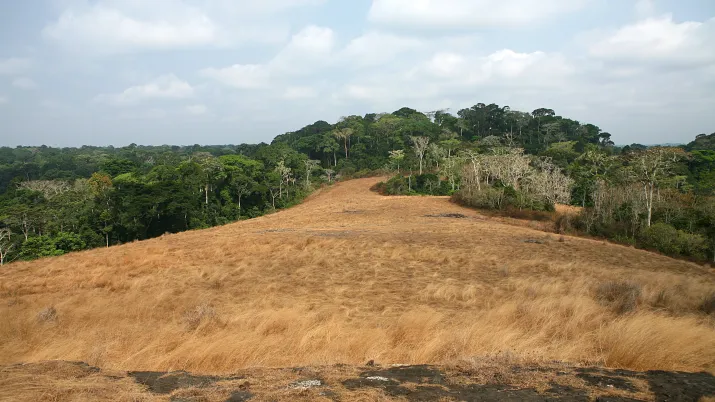
Le Monde features the success of the first sustainable cocoa initiative In Côte d’Ivoire
Le Monde has published a piece on an organic fair trade cocoa initiative in Côte d’Ivoire, showcasing the Société coopérative équitable du Bandama (SCEB) with its plans to extend organic production me...
Published on
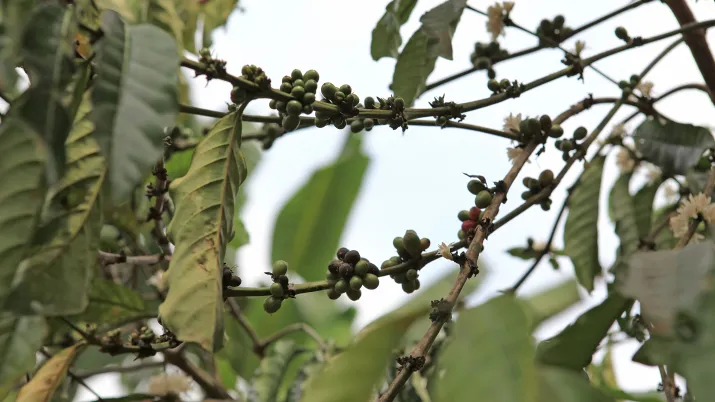
Meet the FFEM at the World Forestry Congress
The XV World Forestry Congress opens on 2 May in Seoul, bringing together the leading players in the forestry sector to assess the current state of forests and their future. With the theme of “Buildin...
Published on
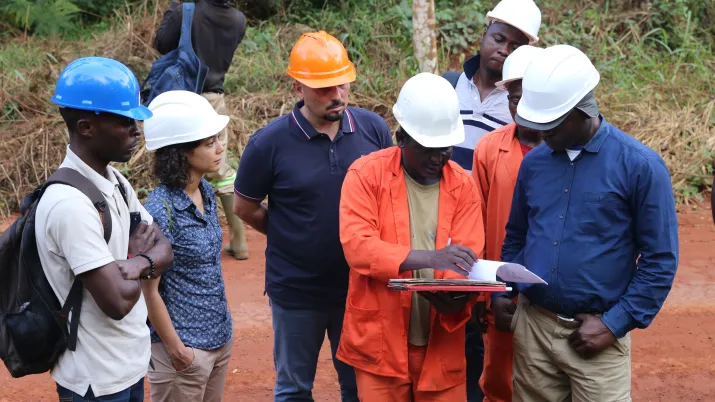
Cameroon: commissioning the hydroelectric plant in Mbakaou
On 14 April, the first private hydroelectric power plant under 5 MW was commissioned in the village of Mbakaou. In the presence of the Cameroonian Energy Minister and the European Union Ambassador, th...
Published on
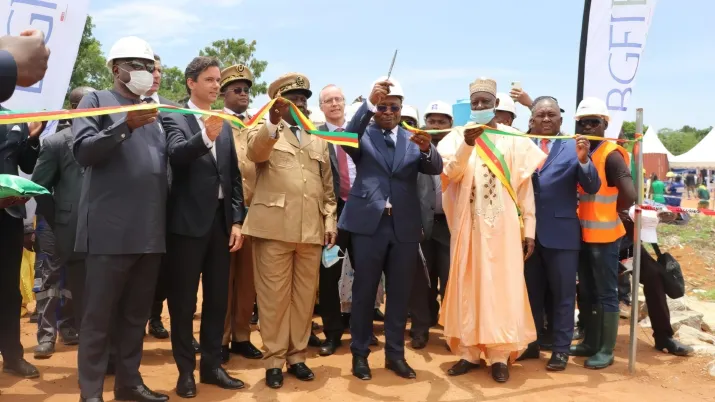
Afrik21: An article on the FFEM’s latest collaboration with the PRCM
The green economy and sustainable development media outlet, Afrik21, looked at one of the projects recently financed by the FFEM. On 29 March, the FFEM and the Regional Partnership for the Conservatio...
Published on

The FoFauPopU project : a biological study reveals the impact of pollution on chimpanzees
On this World Health Day, come back to the "One Health" approach with a new study by the National Museum of Natural History. As part of the FoFauPopU project supported by the FFEM, this study evaluate...
Published on

